It Took Oprah Winfrey’s Repeated Intervention to Fix the Myriad of Issues on the Set of ‘The Color Purple’
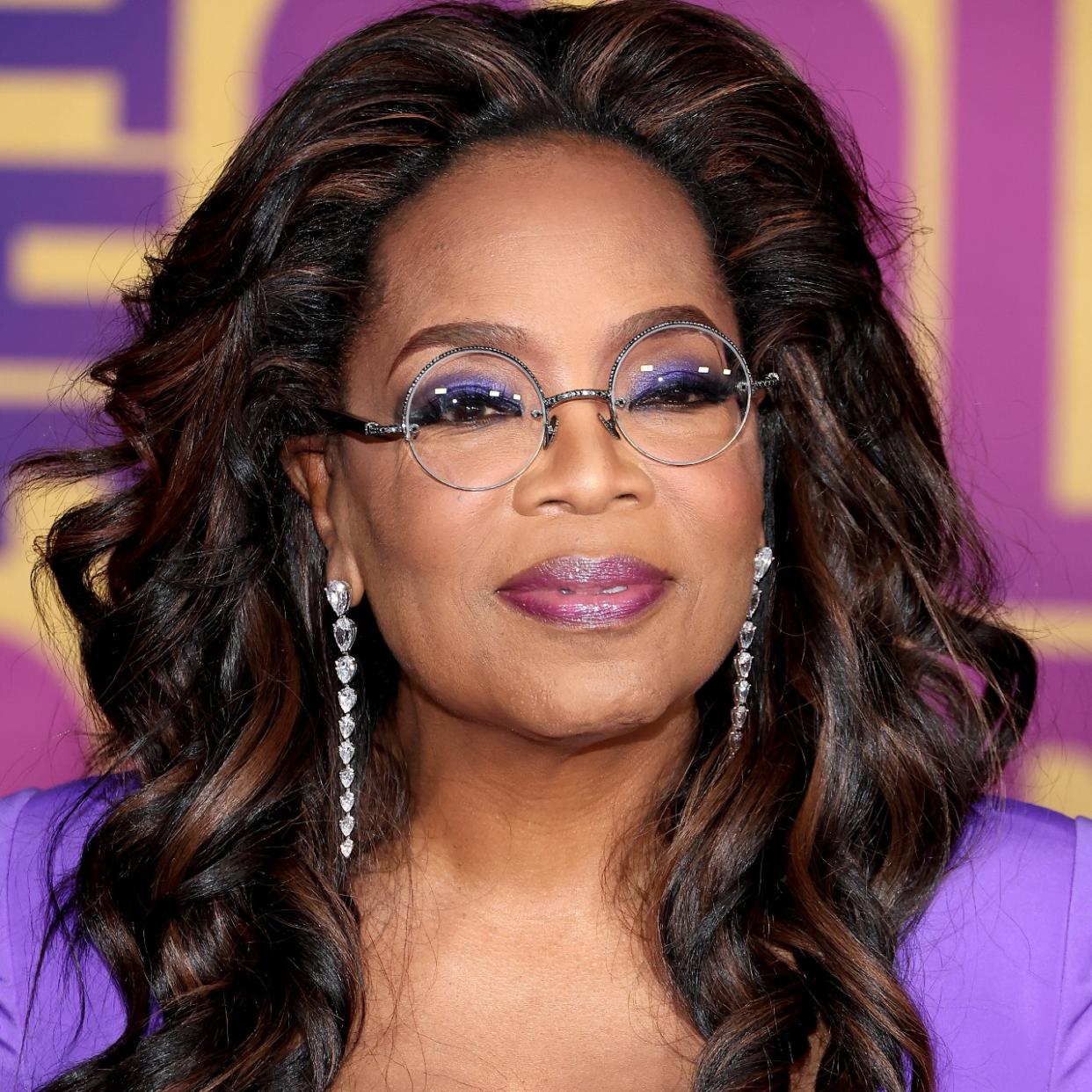
The cast of The Color Purple had less-than-ideal working conditions on set—until Oprah Winfrey intervened, The Daily Beast reports.
Golden Globe-winning actress Taraji P. Henson and Grammy Award-winning actress Danielle Brooks “said they faced an uphill battle getting dressing rooms and security, among other amenities, during production,” the outlet reports. Brooks revealed during a Q&A with The Color Purple cast on Friday that she was stunned that the cast were initially made to share a dressing room: “I remember when we first came in and we were doing rehearsal and they put us all in the same space and we didn’t have our own dressing rooms at the time,” she said, adding that they were also not given food.
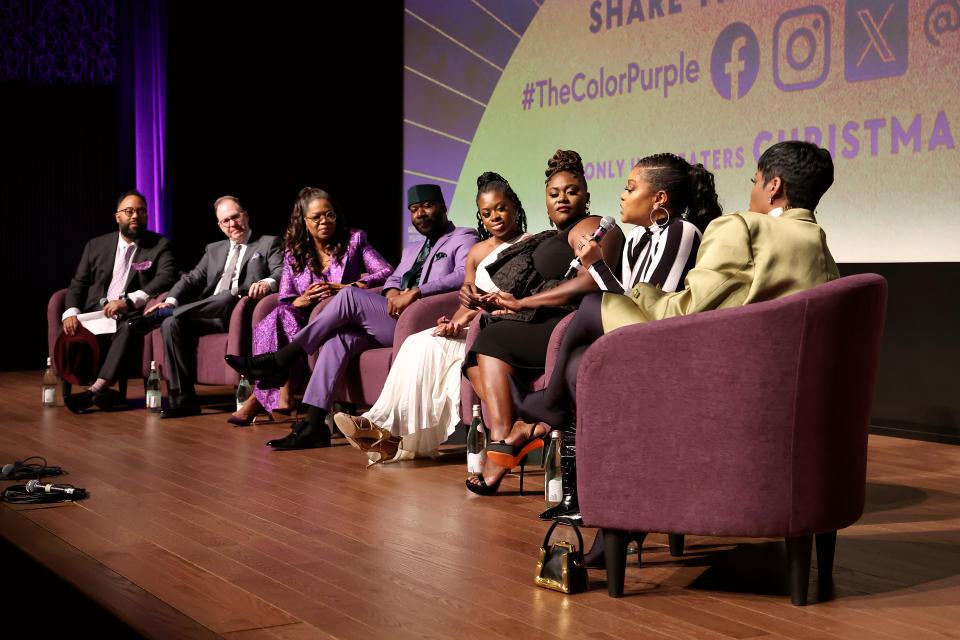
Henson—who almost had to walk away from the film over frustrations surrounding salary negotiations and working conditions—added “They gave us rental cars, and I was like, ‘I can’t drive myself to set in Atlanta,’” Henson said, per The New York Times. “This is insurance liability, it’s dangerous. Now they robbing people. What do I look like, taking myself to work by myself in a rental car? So I was like, ‘Can I get a driver or security to take me?’ I’m not asking for the moon. They’re like, ‘Well, if we do it for you, we got to do it for everybody.’ Well, do it for everybody! It’s stuff like that, stuff I shouldn’t have to fight for. I was on the set of Empire fighting for trailers that wasn’t infested with bugs.”
In addition to the pay issue, Henson was also forced to audition for the role of Shug Avery, despite being director Blitz Bazawule’s No. 1 choice, having success on Empire, and earning an Oscar nomination, among other accolades. “It wears on your soul because you fight so hard to establish a name for yourself and be respected in this town, to no avail,” Henson said, per Variety. “With Black films, they just don’t want to take us overseas, and I don’t understand that. Black translates all over the world, so why wouldn’t the movies? I have a following in China, of all places. Y’all not going to capitalize on that? Don’t everybody want to make money here? I’m not the person that pulls the race card every time, but what else is it, then? Tell me. I’d rather it not be race. Please give me something else.”
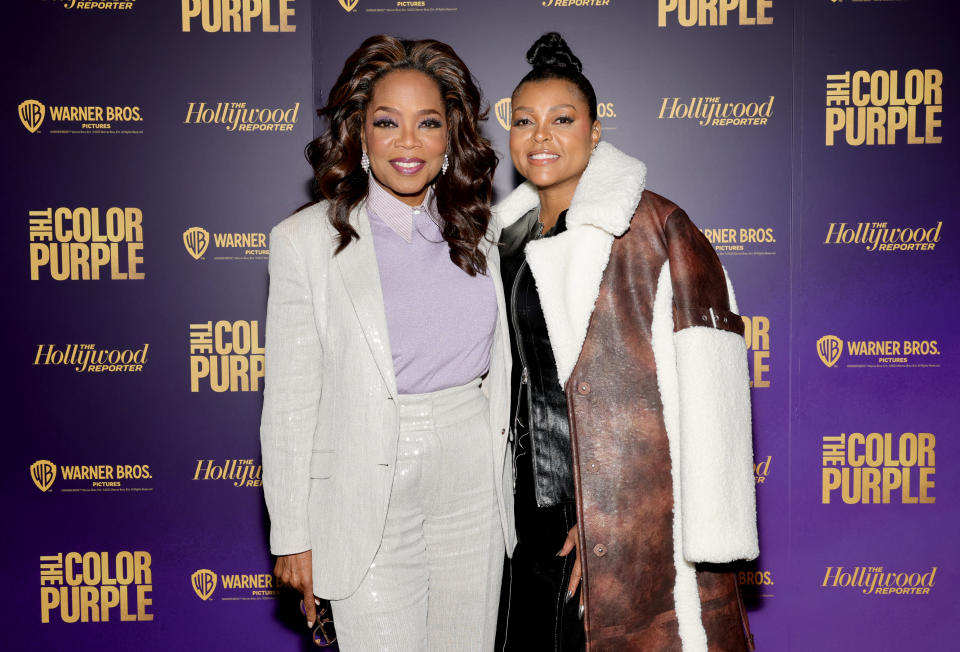
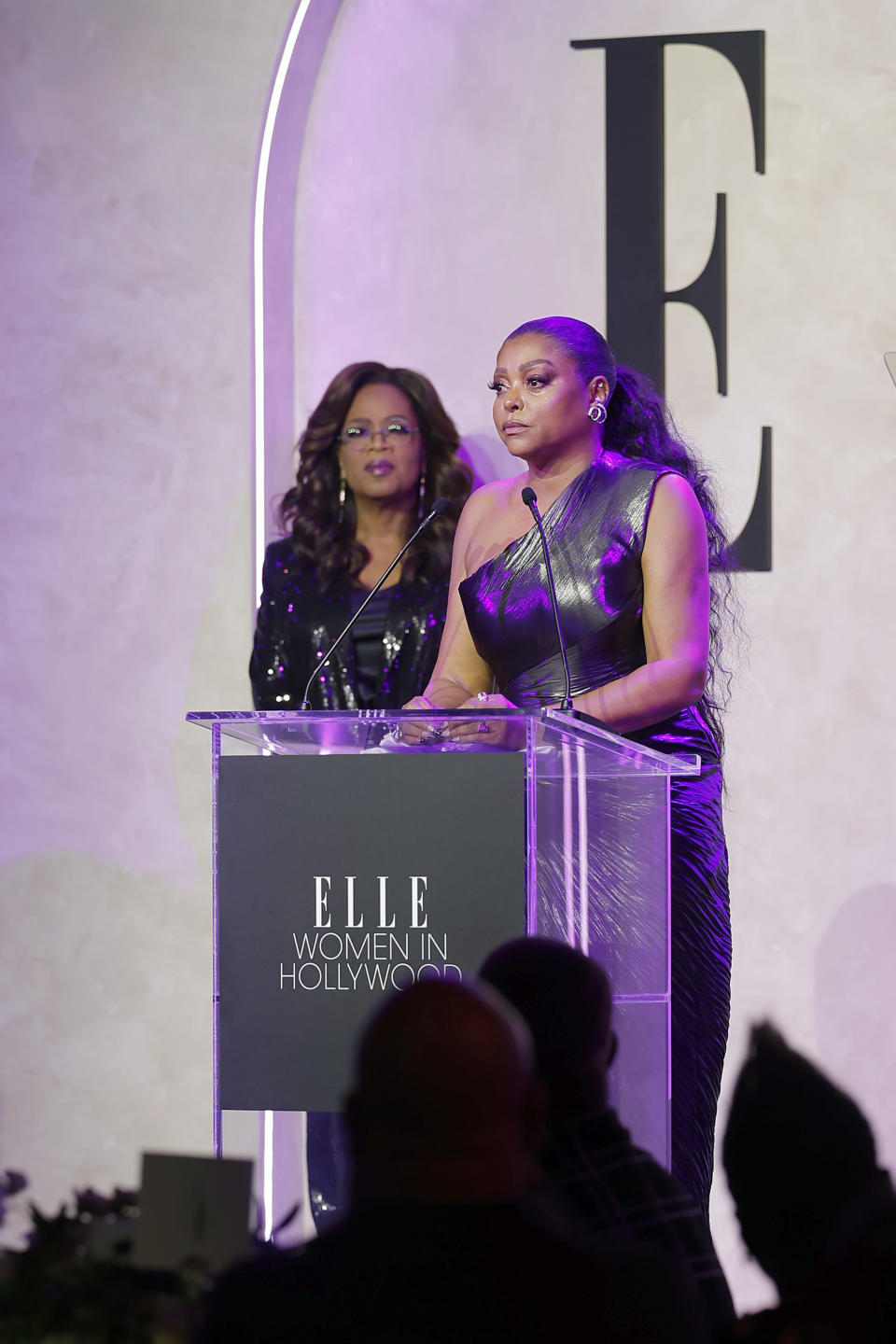
So, with all of the issues on set, Henson spoke up about it and contacted the film’s producer Oprah Winfrey. Brooks called Henson a “guide” and “our voice box” on the set. “[Winfrey] corrected it for us,” Brooks said. “[Henson] was our voice. This was my first studio film. Sometimes you do come in saying, ‘Okay, I’ll take whatever they give me. I’m just happy to be here.’ But [Henson] spoke up for us. You showed me how to do that.”
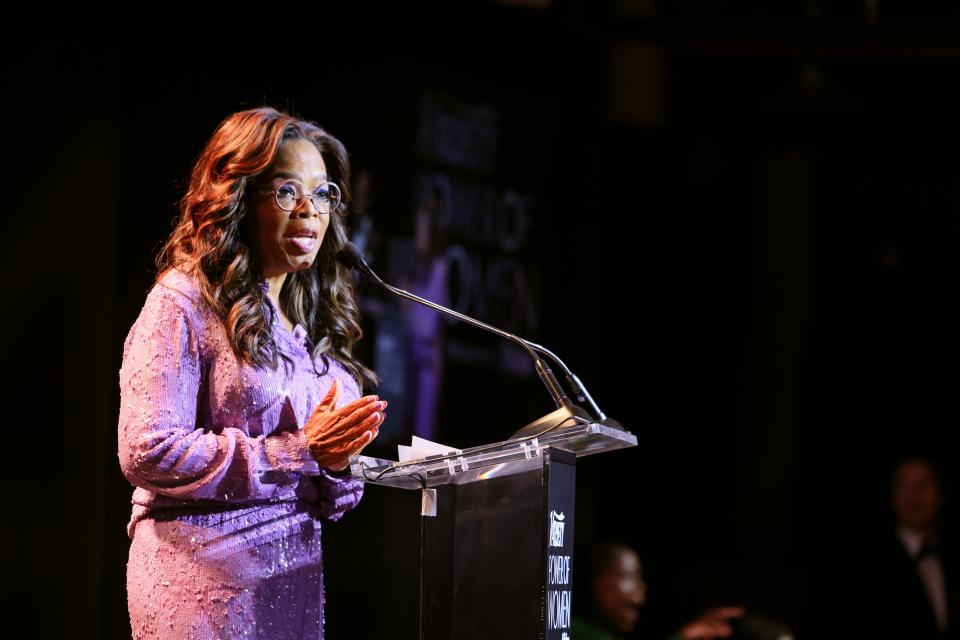
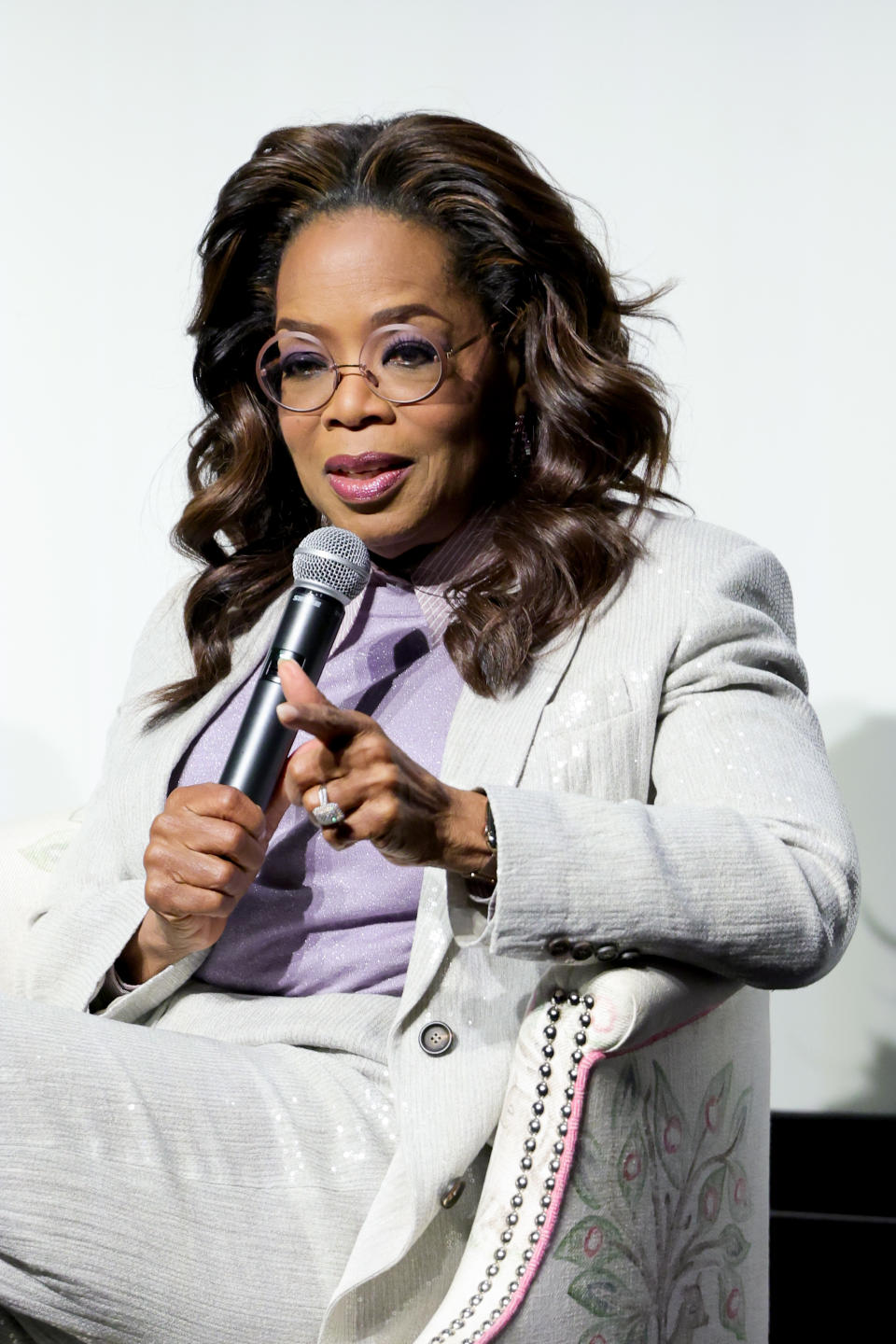
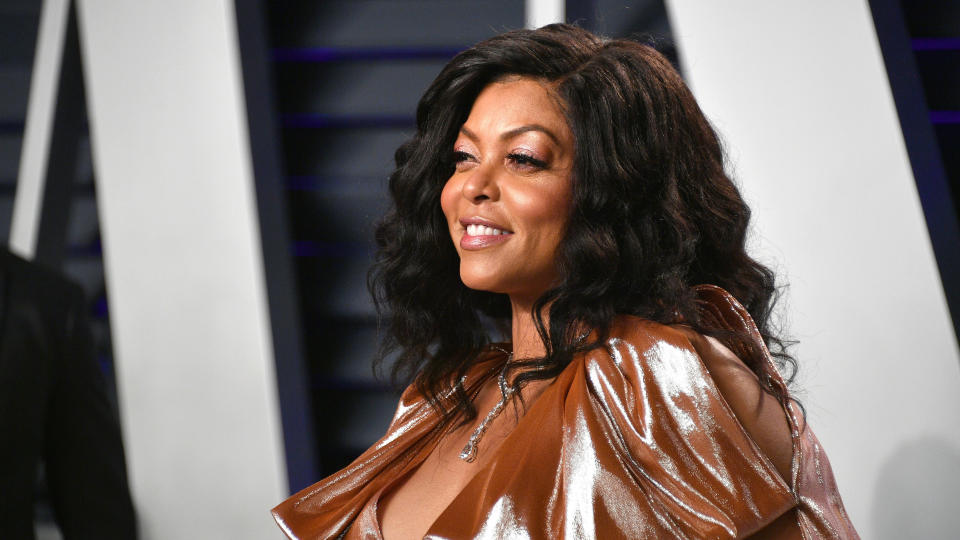
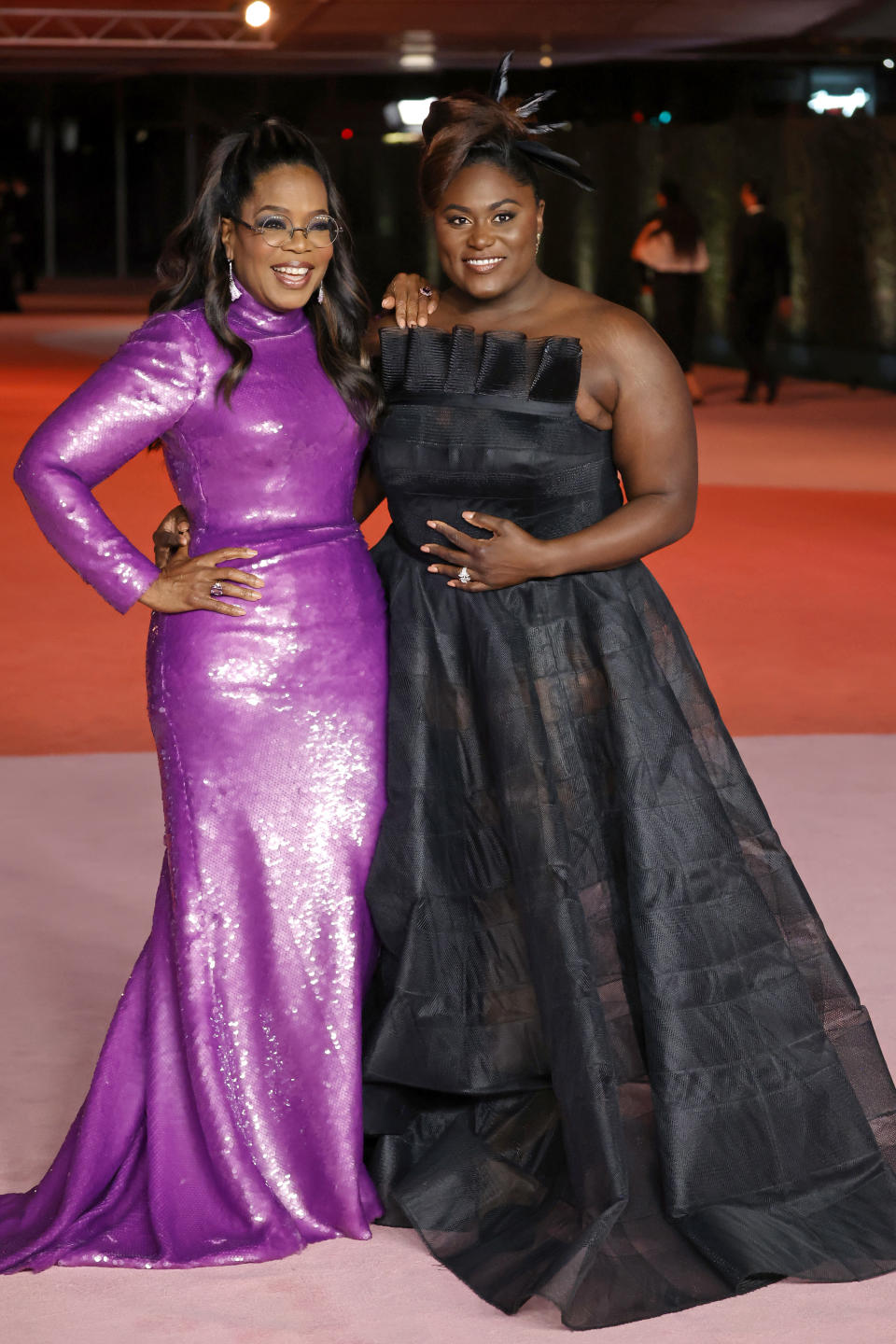
Both Henson and Brooks credited Winfrey for stepping in to help—but also said things should have never gotten to that point. Henson called Winfrey once word got out that the cast didn’t have dressing rooms or food at rehearsals, telling the producer “We gotta fix this.” Winfrey had to step in a handful of times over the complaints; eventually everything got sorted out, “but it seems to have been an uphill battle for a while,” TMZ reports, adding as a reminder that Henson is a Golden Globe winner and Oscar-nominated actress.
“What else do I need to do to prove my worth?” Henson said. “Now that I’m signing and dancing for you, and I climbed up on the table 88 times with my knobby knees and had to ice my knees in between takes, what else do I need to do?”
To add insult to injury, naturally Henson and Winfrey were pitted against one another and were rumored to be locked in a feud (which is just so passé at this point and such a tired narrative—there can’t be two strong women anywhere without a feud of some sort). Winfrey shut that down on Instagram, per Entertainment Weekly: “I’ve long admired Taraji,” Winfrey wrote. “She can make you laugh, cry, cheer, and feel everything in between. But I had no idea she could SANG! Taraji the actress: A force. Taraji the singer? A complete revelation.”
Henson similarly sang Winfrey’s praises, specifically her ability to right wrongs on The Color Purple’s set. “Ms. OPRAH has been nothing less than a steady and solid beacon of light to ALL OF THE CAST of The Color Purple!!!” Henson wrote. “She has provided ENCOURAGEMENT, GUIDANCE and UNWAVERING SUPPORT to us all.” Henson added “She told me personally to reach out to her for ANYTHING I needed, and I did! It took ONE CALL… ONE CONVERSATION… and ONE DECISION MAKING BLACK WOMAN to make me feel heard.”
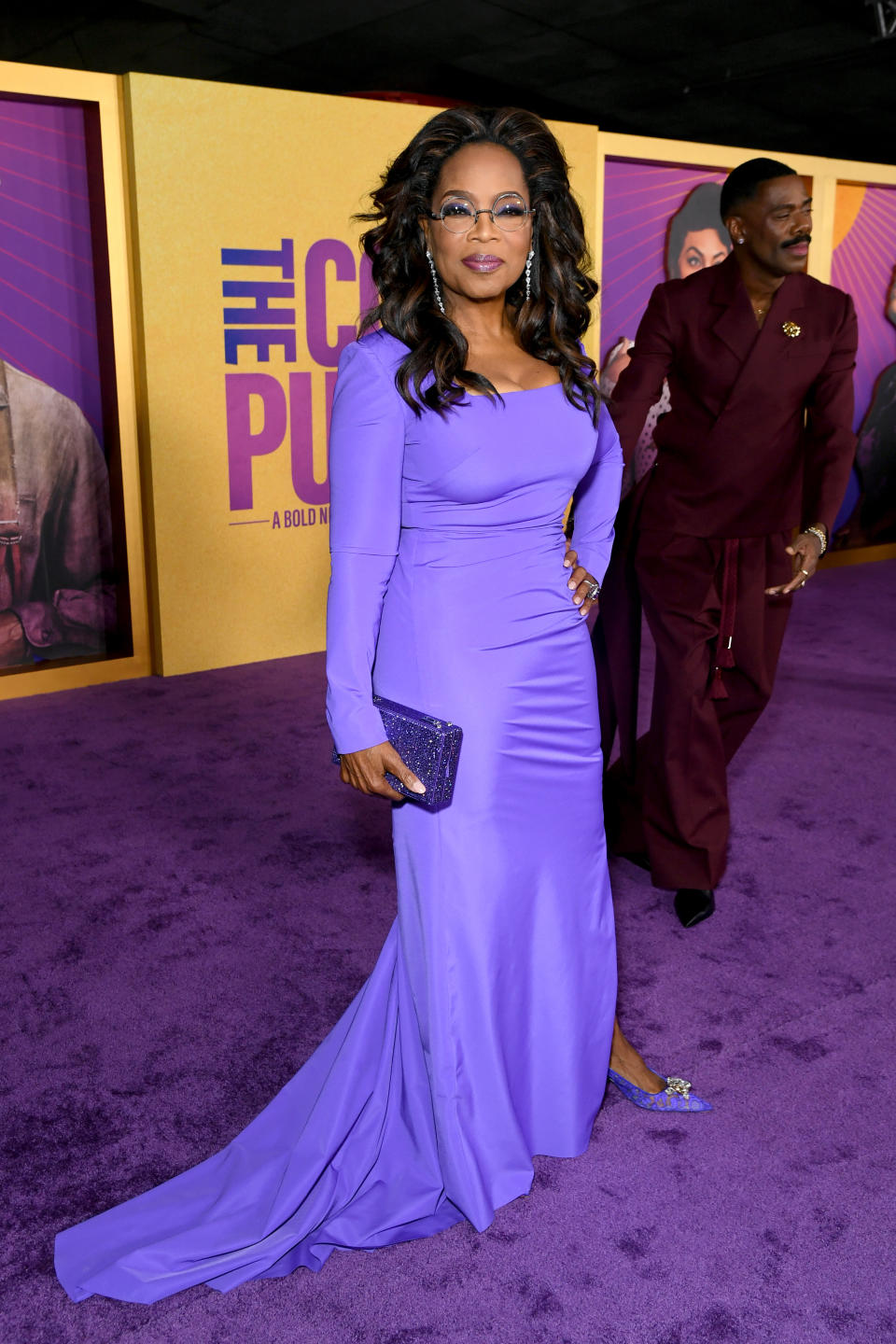
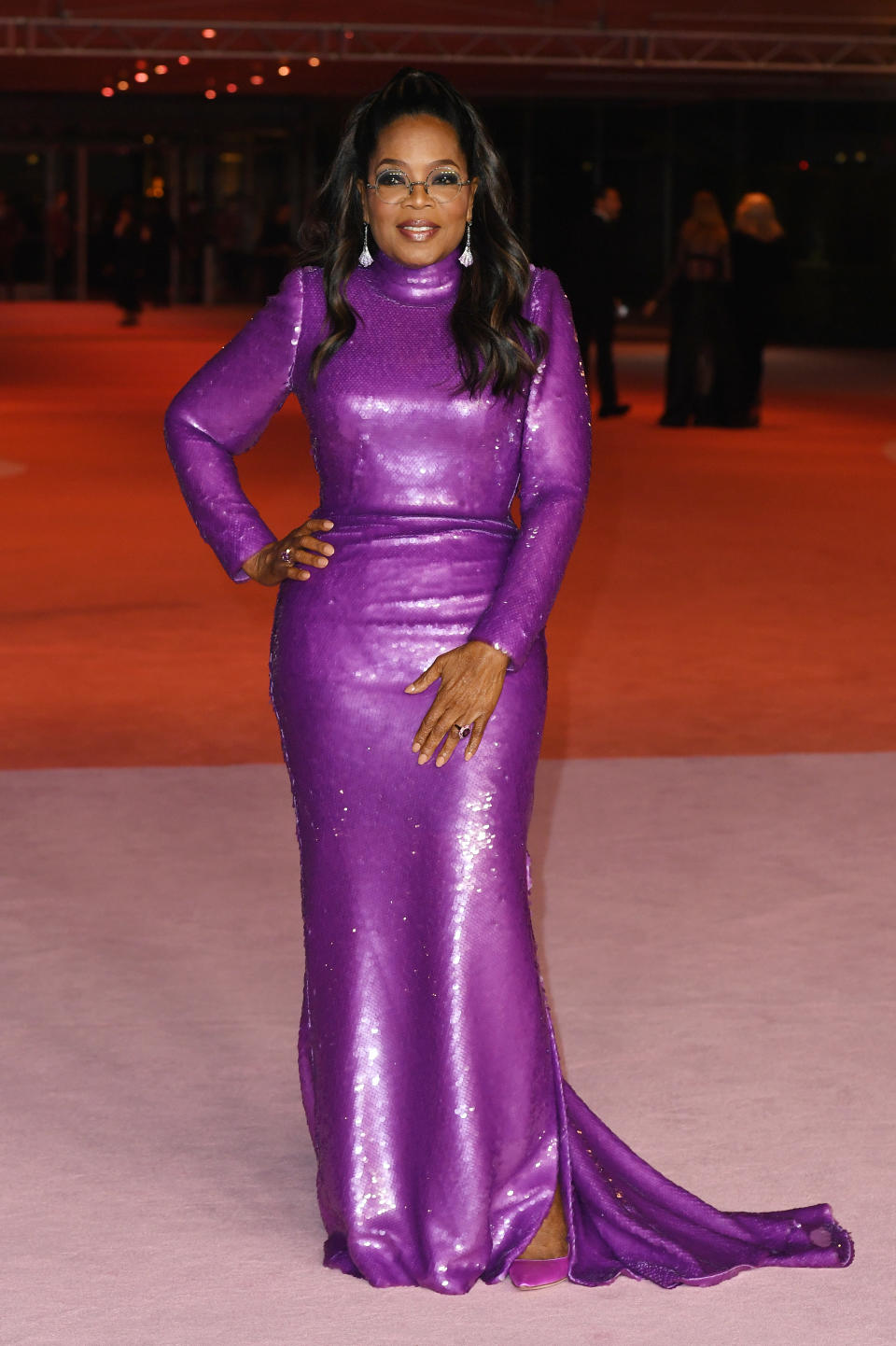
Feeling heard is something Henson’s experience in Hollywood has lacked. “My prayer is that the work and the fight and the struggle is to make it easier for them [Black women], because I was the little girl that wished and saw these women, these incredible women, [and thought] ‘I want to do that one day,’” she said. “I don’t want to hear her talk about the same things that me and my sisters have been fighting for for so many years. If I’m not in a position to make it better for those coming behind me, what am I doing?”
Black actresses being underpaid and undervalued on set has persisted in Hollywood as long as there has been a Hollywood, and kudos to Henson for speaking out. “I’m just tired of working so hard, being gracious at what I do [and] getting paid a fraction of the cost,” she said. “I’m tired of hearing my sisters say the same thing over and over…Every time I do something and break another glass ceiling, when it’s time to renegotiate I’m at the bottom again like I never did what I just did, and I’m tired. I’m tired. It wears on you. What does that mean? What is that telling me? If I can’t fight for them coming up behind me, then what the f—k am I doing?”
The Hollywood Reporter broke news this weekend that Winfrey is eyeing the bestseller The Covenant of Water as her next film project, revealing plans to adapt Abraham Verghese’s novel—one of her book club selections—for the big screen. But even Winfrey, with as much influence as she has, admitted she’s going “to have a hell of a time getting that done because it’s also a story about people of color.”
The plot revolves around an Indian family who loses at least one person each generation due to a drowning. Though a bestseller, the subject matter is difficult. “There’s nothing we can sell in that, inside that,” Winfrey said. “There’s no dolls you can make and there’s no product you can conjure from it. So listen, I am here in the space of finding and creating stories as an offering to the world to show the world to itself and to try to do that in a way that lets in particular, not just exclusively, but in particular people of color see the reflection of themselves in the highest light.”
Hollywood—you can do better. We can all do better.
